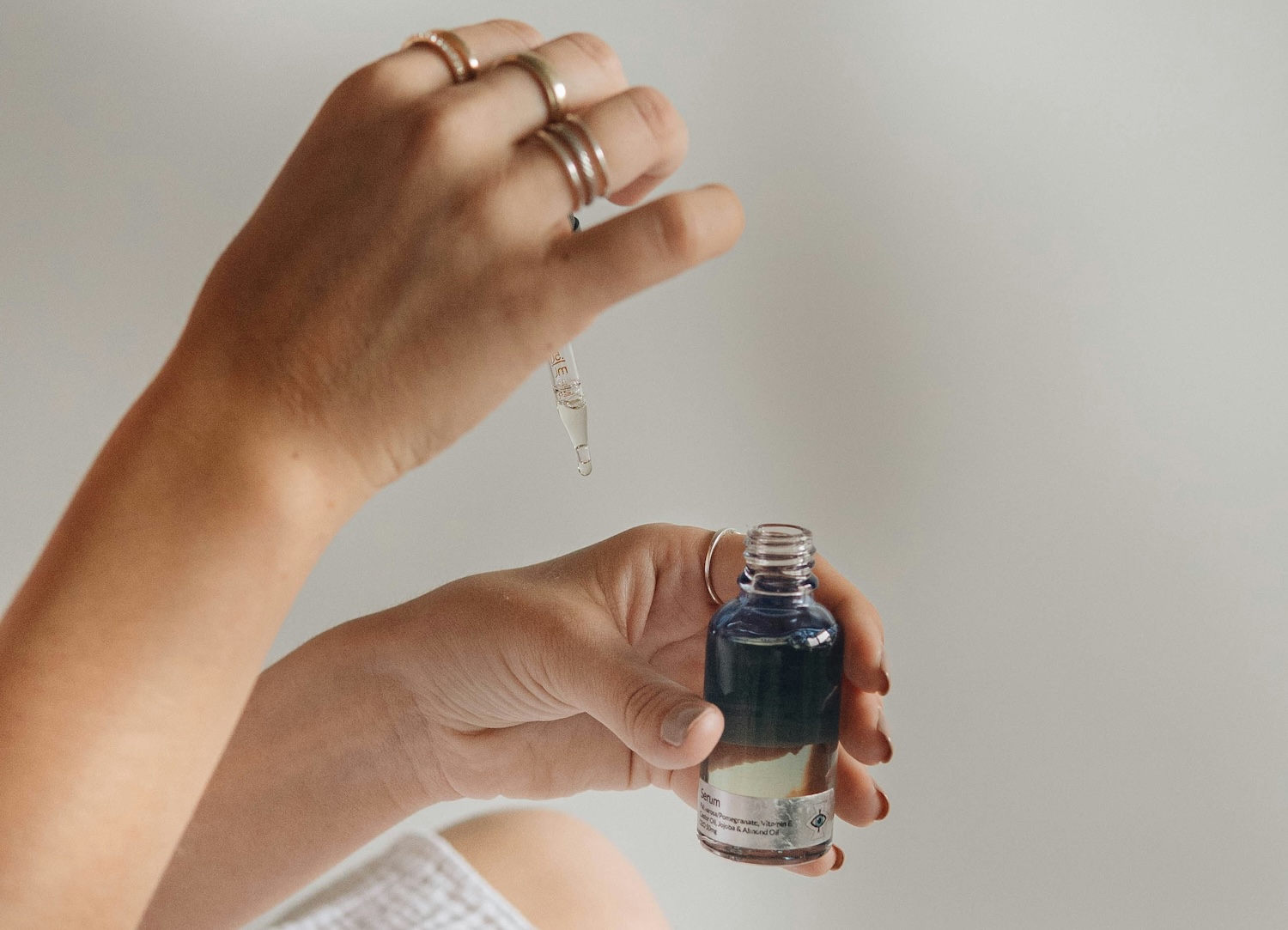Julie C. Harper, MD at Dermatology and Skin Care Center of Birmingham discusses how Morpheus8 is breaking down boundaries, and providing the first full body fractionated technology.

KEY BENEFITS
- Morpheus8 delivers the deepest fractional treatments available, penetrating sub-dermal tissue up to 4mm (4mm + 1mm thermal profile)
- The hand-piece allows for increased treatment functionality
- Two fractional tips with different micro-needle configurations (Resurfacing 24 pin, Morpheus8 24 pin) deliver clinically proven RF energy to multiple treatment depths (0.5mm – 4mm)
- Safe on skin types up to and including VI with little risk of post inflammatory hyperpigmentation (PIH), which is common with other resurfacing methods.
- Morpheus8 is a more detailed approach to tightening the skin by using a combination of micro needling and radio frequency energy targeting deeper layers of the skin.
WHAT CAN YOU TREAT?
FACE AND BODY
Morpheus8 targets sub-dermal layers of the skin and tissue to remodel collagen on the face and body.
COLLAGEN
This fractional tissue treatment simulates the production of collagen in the underlying layers of the dermis. Morpheus8’s modular tips enable procedures to be customized for large or small body areas.
DARKER SKIN TONES
Morpheus8 effectively remodels skin and tissue with minimal risk of post-inflammatory hyperpigmentation. Patients should expect little to no thermal damage to skin types I – VI.
If you have any questions and to see if Morpheus8 is right for you, call Dermatology and Skin Care Center of Birmingham at 205-978-3336.

Dr. Julie Harper received her medical degree from the University of Missouri, Columbia School of Medicine, and went on to complete an internship in Internal Medicine. She completed her undergraduate degree at Southeast Missouri State University and her dermatology residency at the University of Missouri, Columbia.
Dr. Harper is a Founding Director of the American Acne and Rosacea Society and is the organization’s immediate past-president. She is a Fellow of the American Academy of Dermatology and recently served on the AAD’s Acne Work Group, tasked with writing acne treatment guidelines. Dr. Harper is also a member of the Women’s Dermatological Society and a former president of the Alabama Dermatological Society. She has written and spoken on the subject of acne and rosacea extensively. Some of Dr. Harper’s writings can be found in journals and publications.
To see before and after results click here!










